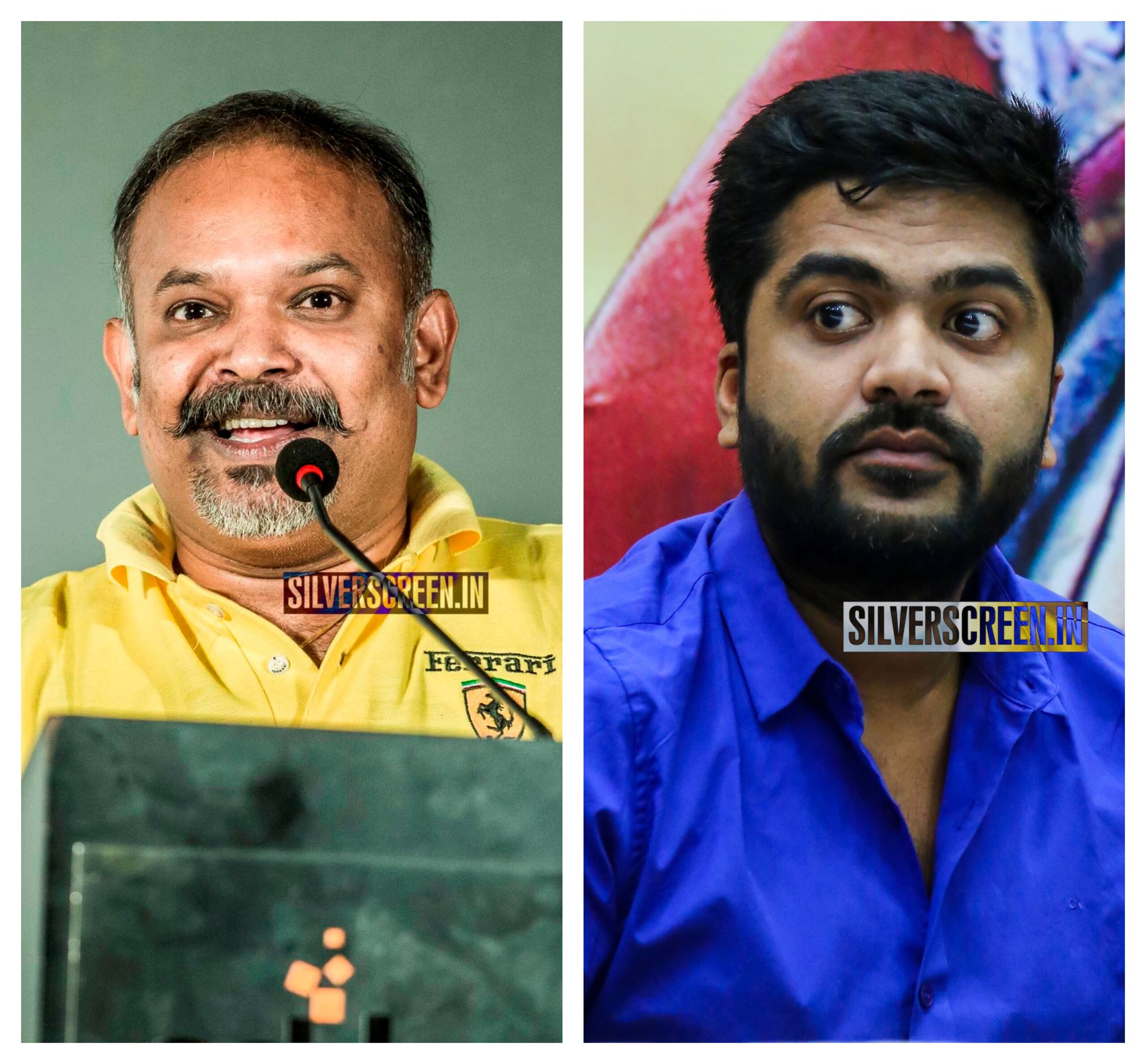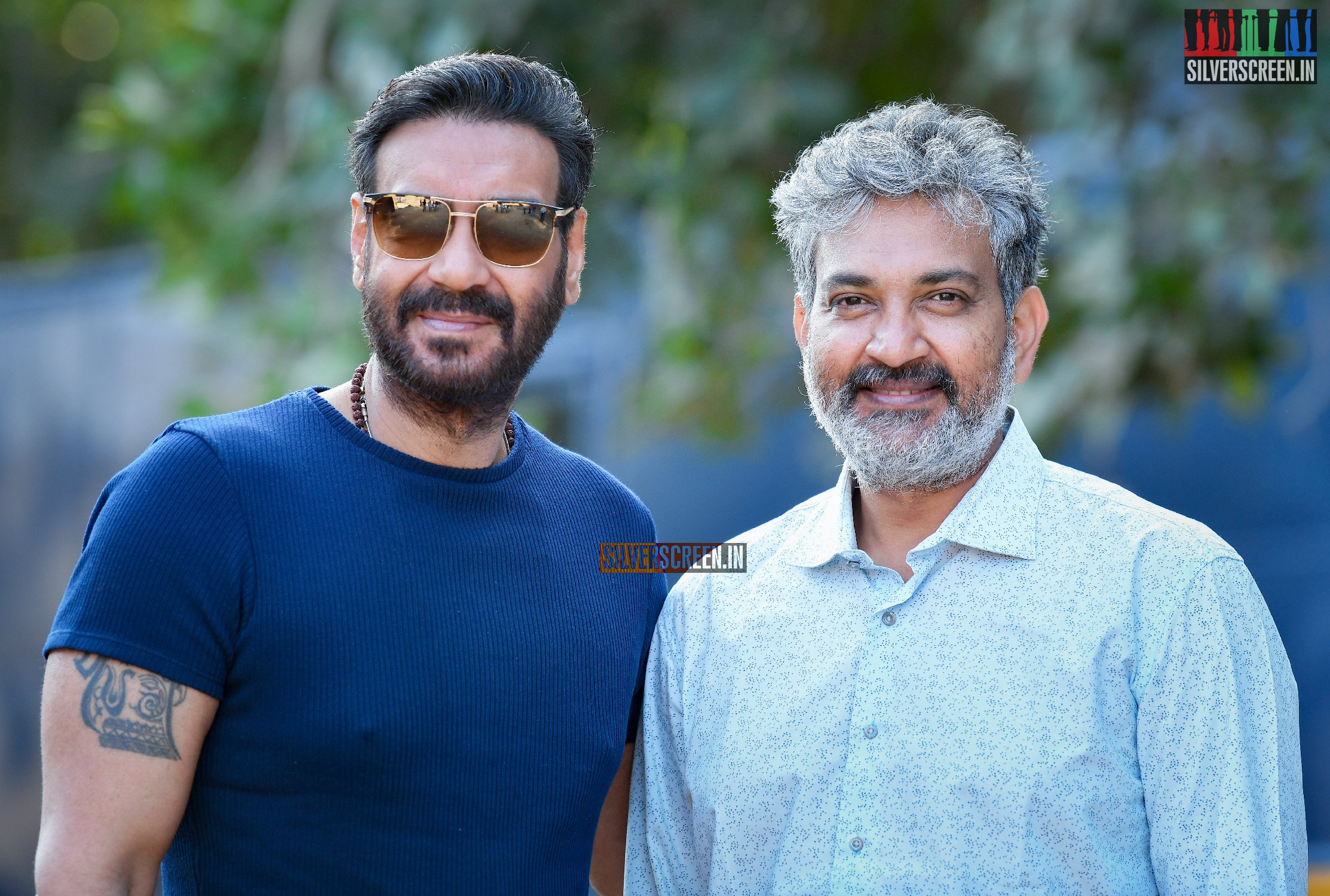Nagraj Popatrao Manjule’s Jhund isn’t anything like I expected. Firstly, it is not your regular sports drama. Yes, it is about a sport and the journey of a team of amateurs towards an international tournament. However, the composition of the team — a complicated bunch of kids from a slum in Nagpur — makes the journey here end where most sports biopics with upper-caste protagonists begin. This narrative choice alone highlights everything wrong with this country. But when a kid casually asks, ‘Bharat matlab?’, the viewer is made aware of the heartbreaking reality that estrangement goes both ways.
Ankush Masram (Ankush Gedam) is a hot-headed teenager who, along with his group of friends, does odd, illegal, and risky jobs to make a living. Vijay Borade (Amitabh Bachchan) is an about-to-be-retired physical educator nearby. He also lives in the neighbourhood, but a giant wall separates both worlds. He chances upon the kids playing football with a jar while trying to shelter himself from the rain. We aren’t explained why he takes such interest in them. Maybe it’s his impending retirement, but he does, and the rest is the movie.
I was not particularly impressed by Bachchan’s performance. His speech at the court, too, feels forced and beyond the point. But I understand the relevance of that casting choice. If anyone can personify Bollywood, it is Bachchan. Having him move around unfamiliar terrains and thematic territories perfectly parallels Manjule’s entry into Hindi cinema. Bollywood is the coach that one day decided to look beyond the wall. And I wish I could say Manjule is as unintimidated as the kids, but he isn’t. I knew that Manjule would rub off on Bollywood, but I didn’t expect Bollywood to get into his mind. He is still the director with a vision – ‘Talakh Talakh Talakh‘ shouts a Muslim woman when her husband tries to threaten her – but his message is a bit diluted, like the saffron shade on the shirts worn by men looking for a fight saying, ‘Ghar mein guske maarenge.’
This isn’t to say that the film lacks a moral compass; it doesn’t. The whole subplot concerning Rinku Rajguru’s Monica is about the government asking people for papers they are never given. ‘A Digital India’ board standing uselessly as the girl and her father try to find a “big man” who can vouch for their whereabouts. The joyous abundance with which the kids celebrate Bhim Jayanthi is a miracle in itself for a Hindi film.
Jhund doesn’t lack humour either. The kids are played by a bunch of natural actors who steal the show. The scene where an adult film reminds them of football is small yet delightful. So is this amusing dialogue, “Hitler bhai, Jai Bhim.” So many things are wrong and right with it. It’s marvellous.
Manjule’s previous films are, even if cinematic and dramatic, detailed and exact. Everything has its place, and nothing is redundant. Here, though, you miss the precision. Vijay’s son is displeased with his father’s charitable spending. He leaves the country, and then he comes back changed. Why or how; we aren’t told. Not just that, the documentary-style exposition, before the interval block, meant to familiarise us with the kids, does the exact opposite. They were flesh and blood until then, and that device turns them into a checklist of stories. I understand that the filmmaker wanted to discuss reality through them, but the issues with the screenplay become apparent.
Cinematographer Sudhakar Reddy does a great job while capturing the predictably unpredictable match, and in establishing the dynamics of the slum and the neighbourhoods around it as well. The camera tracks the landscape and, while doing so, also shows the way one part treats the other. The affluent locality throwing their waste into the slum is both a literal and symbolic representation of a world that’s rotten to its core. The production, too, does a great job creating a believable world. After a point, you stop fact-checking the details, and instead, let the surroundings guide you into the story. Ajay-Atul’s music doesn’t always flow seamlessly, but it adds energy, much needed for an unnecessarily extensive film.
Recommended
Jhund ends with a plane taking off. The camera is looking up, standing beside a wall that prohibits anyone from crossing it. What of people flying above it? It doesn’t say. This frame perfectly encapsulates Manjule’s Jhund. The film doesn’t pretend to solve a problem as deep-rooted as caste. The basthi is still there, and so is the wall. Yet he tries to focus the gaze towards the sky, providing his characters with an escape, however brief, and leaving his audience hopeful without erasing the reality. For that, I was thankful.
*****
This Jhund review is a Silverscreen original article. It was not paid for or commissioned by anyone associated with the movie. Silverscreen.in and its writers do not have any commercial relationship with movies that are reviewed on the site.



